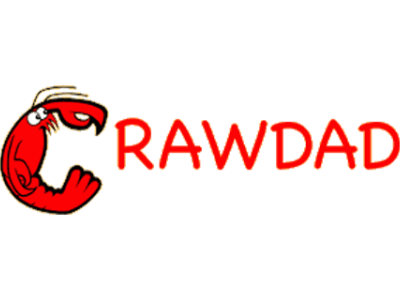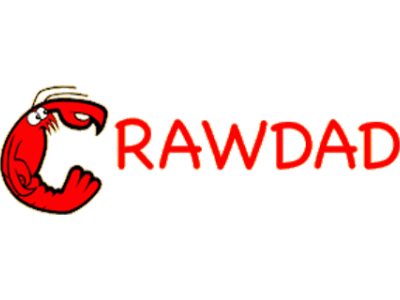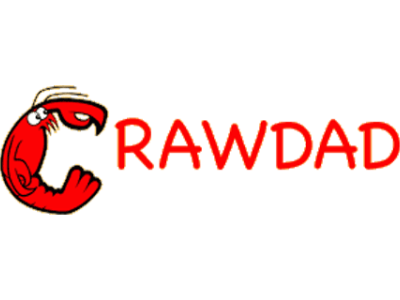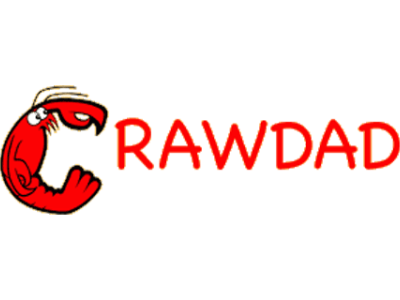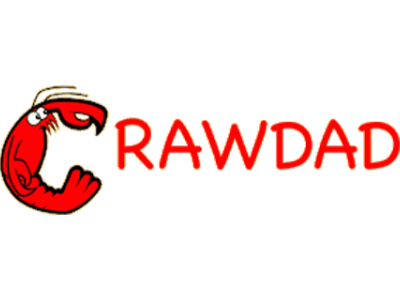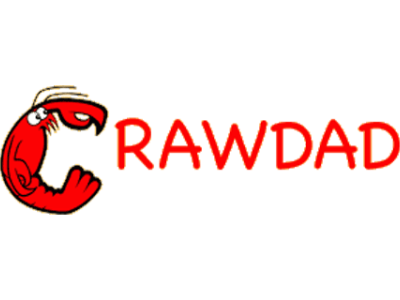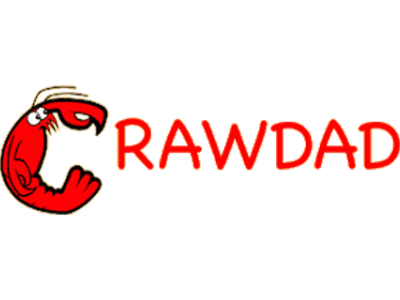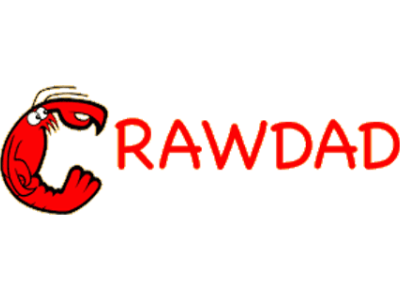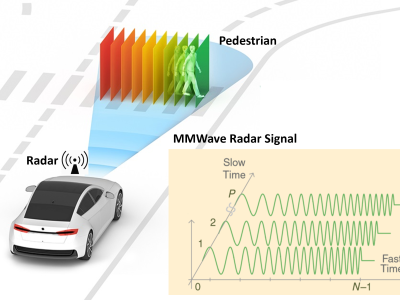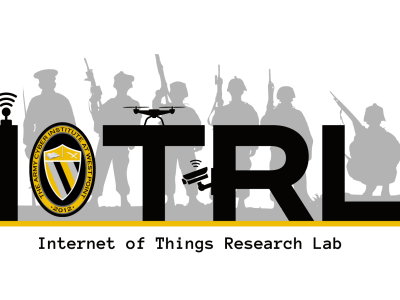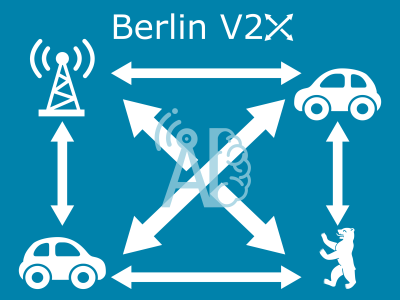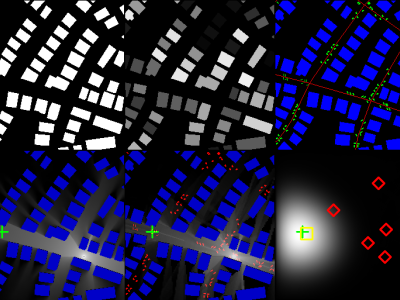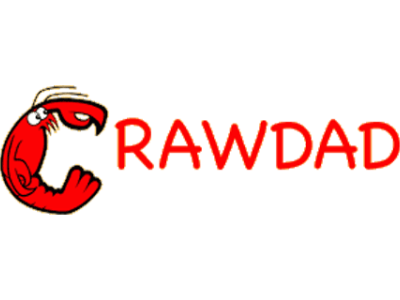CRAWDAD umkc/networkslicing5g
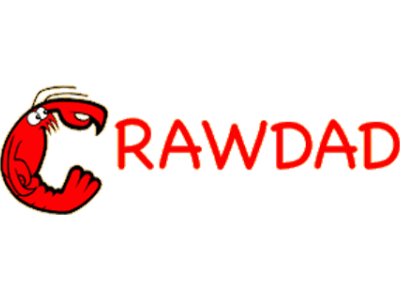
- Citation Author(s):
-
Anurag Thantharate (University of Missouri Kansas City)Cory Beard (University of Missouri Kansas City)Rahul Paropkari (University of Missouri Kansas City)Vijay Walunj (University of Missouri Kansas City)
- Submitted by:
- CRAWDAD Team
- Last updated:
- DOI:
- 10.15783/k0w0-js18
 2287 views
2287 views
- Categories:
Abstract
We have created a Deep Learning model for 5G and Network Slicing. (eMBB, URLLC, IoT).
I encourage developers and researchers working on the 4G/LTE, 5G, 6G and similar interest to use and provide feedback:
Our research can be found at
1. IEEE paper "DeepSlice: A Deep Learning Approach towards an Efficient and Reliable Network Slicing in 5G Networks" (https://ieeexplore.ieee.org/document/8993066)
2. IEEE paper "Secure5G: A Deep Learning Framework Towards a Secure Network Slicing in 5G and Beyond" (https://ieeexplore.ieee.org/document/9031158)
date/time of measurement start: 2019-05-01
date/time of measurement end: 2019-10-30
measurement purpose: Computer Malware (Worms) Investigation, Energy-Efficient Wireless Network, Network Diagnosis, Network Performance Analysis, Network Security, Routing Protocol
file: 5G_Dataset_Network_Slicing_CRAWDAD_Shared.zip
Instructions:
University of Missouri Kansas City 5G Dataset, 6G Dataset, Network Slicing, Wireless Dataset, eMBB, URLLC, mMTC. DOI: https://doi.org/10.15783/k0w0-js18
Contributed by Anurag Thantharate, Cory Beard, Rahul Paropkari, Vijay Walunj.


